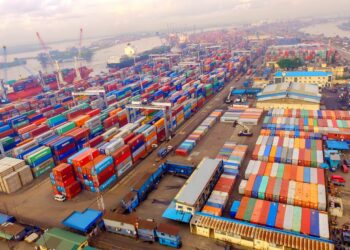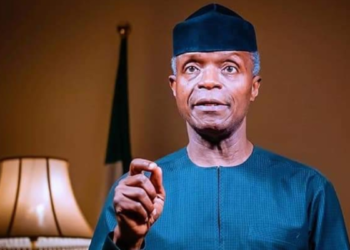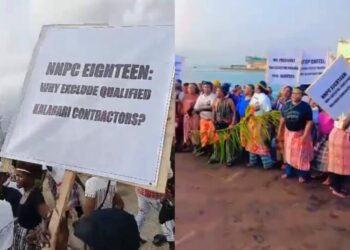The Senate, on Wednesday, issued a one-week ultimatum to the Nigerian National Petroleum Company Limited (NNPCL) to provide a detailed explanation for alleged discrepancies amounting to over ₦210 trillion in its audited financial statements covering the years 2017 to 2023.
The directive was issued by the Senate Public Accounts Committee (SPAC) following a grilling session during which the oil company’s records were scrutinised. Lawmakers raised concerns over unexplained figures listed under “accrued expenses” and “receivables” in the audited reports covering six years.
During the session, the legislative committee identified multiple discrepancies in the submissions presented by NNPCL’s Chief Financial Officer, Dapo Segun, along with other top company officials, based on the external auditors’ reports.
Chairman of the committee, Senator Aliyu Wadada, described the inconsistencies as “mind-boggling” and “unacceptable.”
According to him, the audited statements listed accrued expenses totalling ₦103 trillion, including retention fees, legal fees, and auditors’ fees—none of which were supported with appropriate documentation.
He said, “Retention fees alone are quoted at over ₦600 billion, yet no contracts were referenced to justify these amounts.
“There are also legal fees with no attached details of the legal engagements that led to those costs.
“Now, on just these two items—accrued expenses and receivables—we are talking over ₦210 trillion.”
Equally troubling, the Senator noted, was the “receivables” section, which also amounted to ₦103 trillion.
He said the committee received a fresh document from NNPCL just before the hearing, containing figures that contradicted the official audited financial statements.
“The receivables figure presented in the new document was entirely inconsistent with the audited financial statement.
“We found this not only ridiculous but also deeply troubling,” he added.
Senator Wadada emphasised that the Senate’s concerns stemmed directly from the contents of NNPCL’s own publicly available audited reports.
“In a country led by President Bola Tinubu, who has committed to changing the national narrative through the Renewed Hope Agenda, access to accurate financial information is crucial,” he stated.
“We need all available resources to fund development, and figures like these demand answers—not silence.”
He further questioned why NNPCL signed off on the reports despite ongoing internal reconciliations, particularly given the company’s plans to go public through an Initial Public Offering (IPO).
“How can reconciliation still be pending, yet you release and sign off on the audited financials? These are not minor oversights.
“These figures are already in the public domain and can impact investor confidence,” he warned.
Wadada concluded by stating that the committee has submitted 11 specific queries to NNPCL and expected a full written response within the next one week.
In a related development, the committee also highlighted contradictions between profit and loss declarations by NNPCL and one of its subsidiaries.
Senator Wadada disclosed that while the National Petroleum Investment Management Services (NAPIMS) declared a profit of ₦9trillion between 2017 and 2021, NNPCL recorded a loss of ₦16 billion during the same period.
The Senate has vowed not to let the matter rest, promising to take all necessary steps to ensure that every public fund is accounted for.





